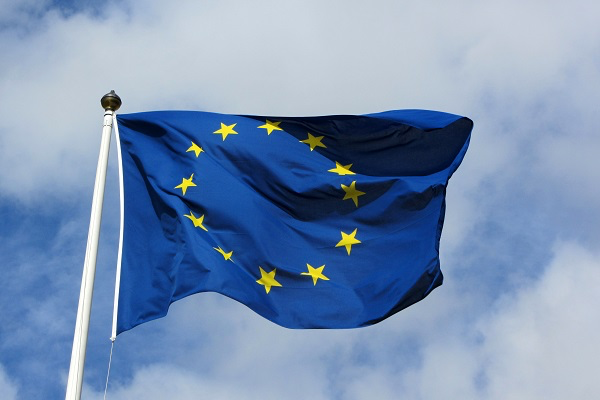KEY POINTS
- EU set to select firm for critical minerals buying platform.
- Eight companies, including PWC and deloitte, in the running.
- Platform aims to pool EU resources and secure better deals for green energy materials.
To secure vital minerals and energy resources, the European Union is getting ready to award a 9 million euro contract for the creation of a single purchasing platform.
Member nations will be able to pool resources and negotiate better prices on vital minerals like lithium, cobalt, and others that are needed for the transition to renewable energy thanks to the effort, which is a component of the EU’s larger green transition strategy.
A critical platform for the future
The platform’s main goal will be to assist EU members in obtaining strategic resources, which are frequently exchanged in thin, opaque markets that are controlled by nations like China.
By pooling their purchasing power, European countries are expected to have more bargaining strength. The Critical Raw Materials Act (CRMA), which went into force in May 2024, will guide the development of the platform.
Eight companies are vying for the contract, including the industry titans Deloitte and PricewaterhouseCoopers (PwC), according to documents obtained by Reuters.
Early next year is when the chosen company is expected to design, build, and deliver the platform; shortly after, some parts may start working for particular items.
German companies Metalshub and Enmacc have also submitted a joint bid and plan to leverage their existing trading platforms to support the EU’s initiative.
Mixed reception from industry
The single purchase platform is viewed as a move in the right direction by some members of the EU’s industrial landscape, but others have their doubts.
Large companies that already have established supply networks for essential goods, such as automakers, would be reluctant to get involved.
According to Karol Bednarek, a consultant with the German automobile association VDA, “large companies that have already secured supplies of key materials such as lithium and cobalt are unlikely to engage with this platform.”
He did, however, add that smaller businesses or those seeking to source sustainable specialized minerals would still find it helpful.
Other stakeholders in the industry, including Carolina López from the Spanish Association of Automotive Suppliers, have pointed out that the platform would not be sufficient to address certification requirements that companies in processed raw materials industries, automotive manufacturing included, may require.
Focus on sustainability and supply chain transparency
The platform plays an important role in the European Union’s efforts to make sure that its energy transition is less reliant on outside suppliers and is sustainable.
The EU wants to lessen its dependency on China, which now controls a large portion of the market for essential minerals needed to produce electric cars and renewable energy technologies.
Industry watchers caution that while the program is still in its early phases, there may be difficulties in combining vital minerals and energy supplies like hydrogen and natural gas into a single platform.
According to one industry insider, “it may be challenging to combine the markets for critical minerals and energy on the same platform because they are very different.”
Another problematic decision was made by the European Union to emulate AggregateEU model, launched during the 2022 energy crisis as a forum for joint acquisition of natural gas.
The European Court of Auditors recently scrutinized AggregateEU in their report, which raises doubts regarding the efficiency of the new platform.



